Niamh Delmar is a Chartered Registered Counselling Psychologist and provides Psychological Support Workshops to work environments. Here, she writes about 'othering' and how it may be prevented.
Lately, it can feel like society has become more fragmented - both politically and socially. Discord and divisiveness is amplified by social media, spreading rapidly and globally in seconds. Societal tension, anger and aggression is palpable online and on the streets.
Hate crime is on the rise in Ireland with race, nationality and sexual orientation being the most commonly reported motives.
What is othering?
Contributing factors are multi-faceted including a phenomenon referred to as 'othering.' This is a social process encapsulating behaviours and prejudices towards those who are different. Insults, exclusion, rejection or attacks on an individual or a group of people are just some of the signs.
It creates an 'us vs them' mentality, and instigates social conflict. Stereotyping and generalising feature and, at the extreme, persecution and dehumanisation. People gravitate towards those similar to themselves, often forming an in-group.
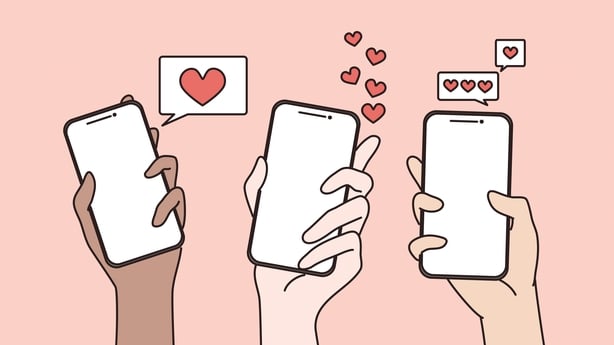
The benefits include support, connection and a sense of belonging. In social interactions there is a tendency to attribute positive qualities to those who are similar to you. There is the potential to perceive the out-group negatively or as a danger. The 'other' is then seen as inferior or a threat.
There is a "they're all the same" attitude, known as the 'out-group homogenity bias'. It is more pervasive than we may like to think, and the "typical of them" is often deeply engrained in psyches. Religious beliefs, political leanings, professions, race, socioeconomic class and disabilities can be targeted, often evolving from a young age. Assumptions about others are subtle or overt, and usually more obvious to the 'othered'.
People who are different can be outcast or put down in schools, work environments, online and in communities. Labelling, feeling superior to, disregarding or refusing to interact are some of the signs of 'othering'.
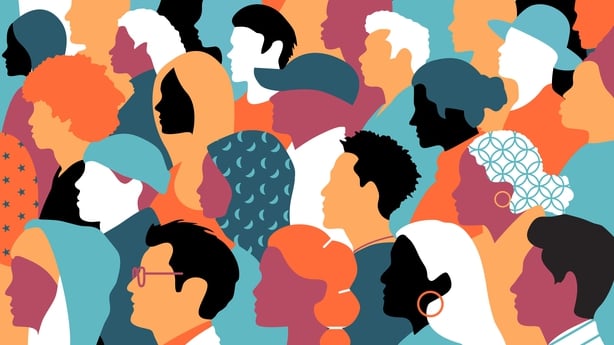
What are the consequences of othering?
Psychological consequences of being 'othered' are severe. Being trolled online, bullied at school or in the workplace, or ostracised in a community damages mental health. It can destabilise a sense of self, identity and self-image.
Internalising messages of being unworthy, less than or despised strips a person of dignity and lowers self-esteem. Studies have found it negatively affects psychological and physical health including shorter life expectancy, hypertension and depression.
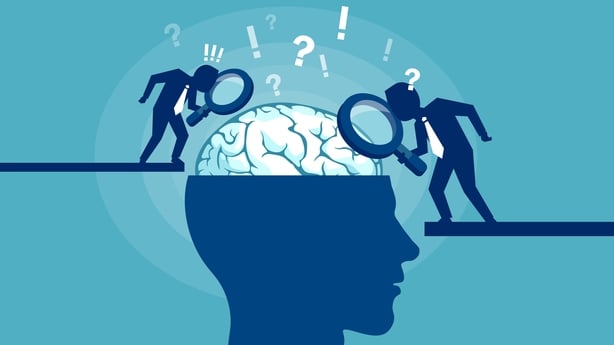
What are contributing factors?
So, what is creating these wider divisions in social dynamics? Nobody is born 'othering'.
Family and peer values and social media influences play a part. Being part of a group validates some peoples' sense of identity so they go along with it all, rather than call it out. There is the fear of standing up for the 'othered' might result in being ejected. Being part of a unified in-group provides a sense of belonging in a rapidly changing world.
Power dynamics feature. Feeling threatened by outsiders, and fears of the unknown also contribute. Misinformation and a narrow focus also can propel a negative perception of the out-group or an individual. A deficit of resources and economic instability in communities are further aggravating factors.
A lack of empathy, adverse childhood experiences and low self-esteem are linked to putting others down. By engaging in this type of behaviour, they are trying to elevate themselves to a higher hierarchal level.
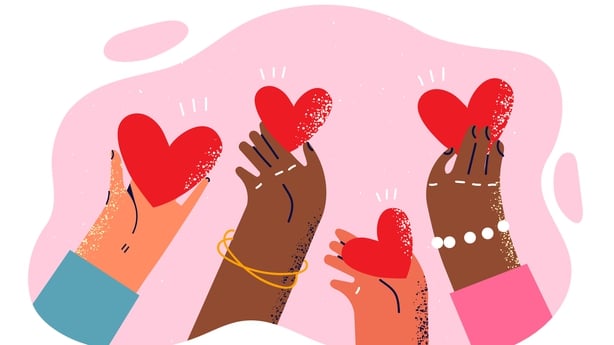
How to prevent othering
Reflect on ways you may 'other' people in your head or in real life. Have you been or are you being 'othered?' Seek support to protect yourself. We can watch our language and be mindful of how we stereotype, make generalisations and refer to others as 'all being like that'.
Acknowledge the personal biases you hold. Reflect on where they stemmed from and question their accuracy. Identify fears you may have and explore ways to have them alleviated. Societies can find ways to create bridges between groups. Studies show that people can put aside resentments when they share a common goal.
Students can be encouraged to work on projects or activities together, employees can join together in finding solutions to challenges and integration among groups in communities can be fostered. Inclusivity education, opportunities for intergroup connections and open dialogue can permeate hard boundaries created by the in-group.
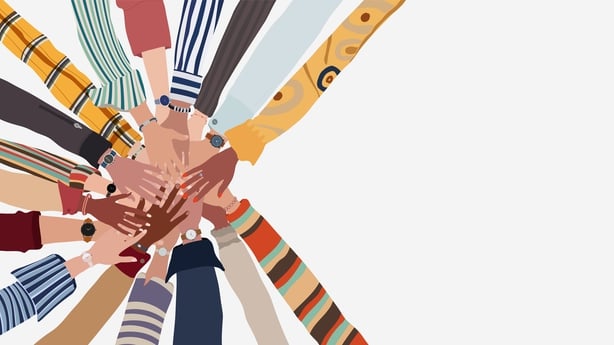
Social Psychologists refer to the contact hypothesis as being the reduction of conflict by different groups spending time together.
Make an effort to have more exposure to people with physical disabilities, mental health difficulties, neuro-divergency and other diversities. Calling it out makes it less socially acceptable.
We can all work on seeing people beyond their differences.
The views expressed here are those of the author and do not represent or reflect the views of RTÉ.
If you have been affected by issues raised in this story, please visit: www.rte.ie/helplines.

